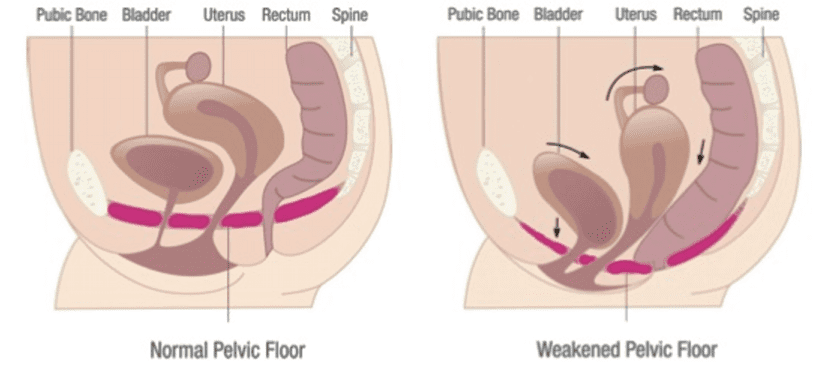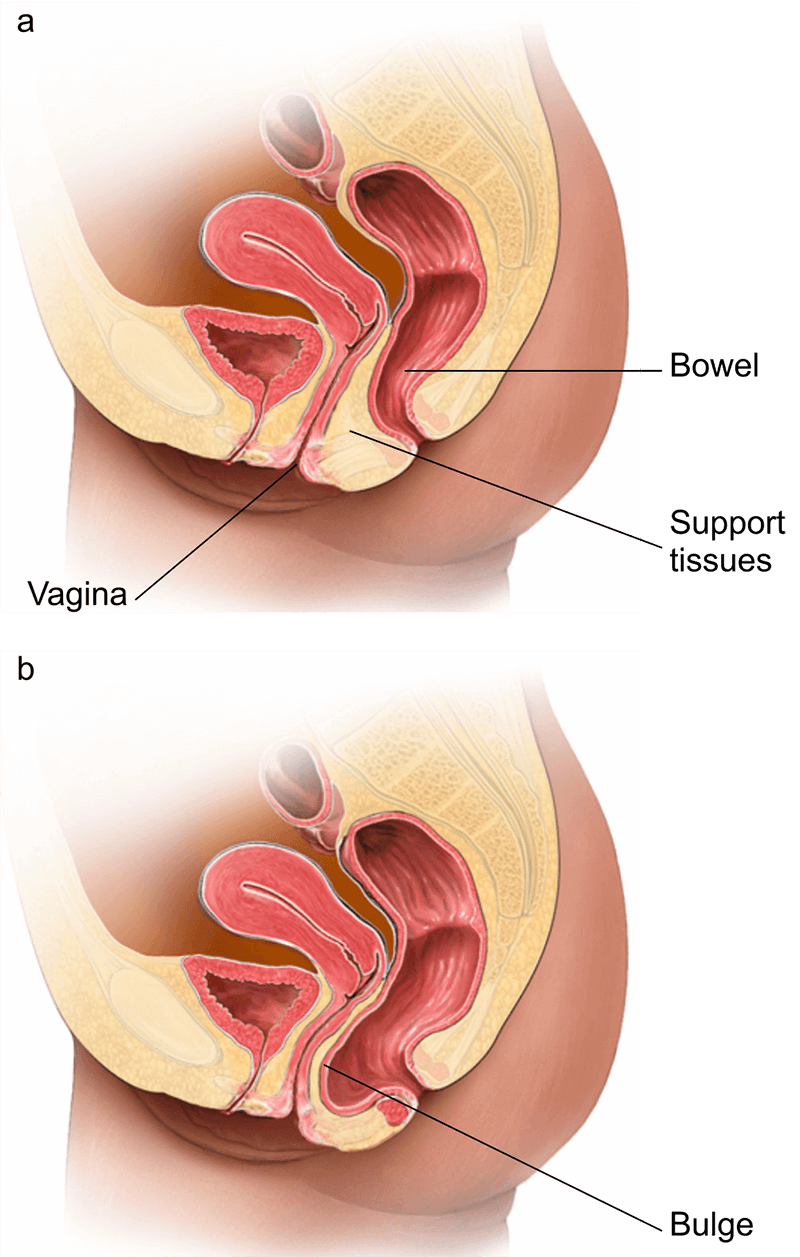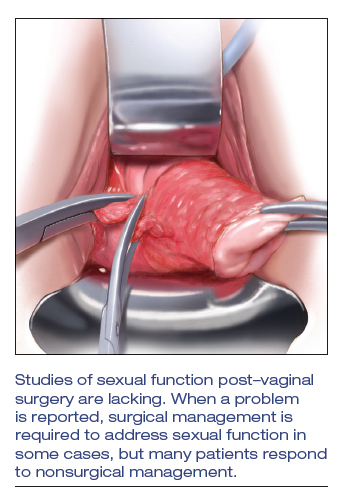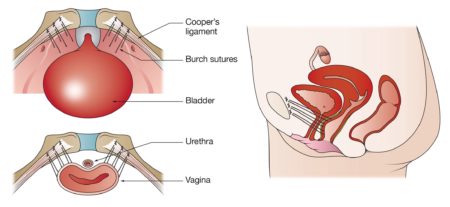Complications After Pelvic Floor Surgery

Many options exist for the treatment of pelvic organ prolapse and urinary incontinence surgery being one of the main strategies in the management of these conditions.
Complications after pelvic floor surgery. Bowel bladder ureter nerve. Pelvic floor disorders affect the quality of life of millions of women worldwide. More specifically the term anterior repair refers to correction of the front wall of the vagina. Laparoscopic colposuspension is a minimally invasive surgical technique that provides a safe and durable method for reconstruction of the pelvic floor and its contents without the need for a large abdominal incision.
Reconstructive surgery aims to repair the pelvic floor and return organs to their original position. Monitoring must be continued and expanded to assess the long term risk associated with mesh use and to identify its risk factors. Short term complications associated with the use of transvaginal mesh in pelvic floor reconstructive surgery. Rare complications from prolapse surgery may include injury to a nearby structure e g.
Acog practice advisory on the fda s reclassification of mesh for pelvic organ prolapse. The most common surgery for prolapse is a pelvic floor repair which is a broad term used to describe simple surgical repairs of the pelvic floor. Caveney m et al. Pelvic floor repair surgery is the most common surgery for pelvic organ prolapse.
The decision to undergo pelvic reconstructive surgery to correct pelvic organ prolapse pop can be difficult. It is rare for women to experience long term pain following prolapse surgery. Results from a multi institutional prospectively maintained dataset. And posterior repair refers to correction of the back wall of the vagina.
Even though uncommon all surgery has complications which can cause morbidity and rarely mortality. Pelvic floor repair is a broad term used to classify a variety of simple surgical procedures for repairing the pelvic floor. In most studies utilizing mr imaging after placement of vaginal mesh investigators focus on dynamic or anatomic evaluation of the pelvic floor to assess the outcomes of the surgery rather than focusing on direct depiction of the actual mesh material with variable results compared with the findings at clinical examination 8 10 13 27 28. It can also be done using.
Aside from decreasing symptoms of prolapse a desired outcome of pelvic floor reconstruction is for the woman to be able to return to her active life. Early serious complications are relatively rare. Short term serious complications are rare after surgery for urinary incontinence or pelvic organ prolapse even with mesh. Pelvic organ prolapse can result in symptoms including urinary leakage constipation and difficulty with intercourse.
Women often wait years dealing with symptoms of pop before they commit to surgery.














































